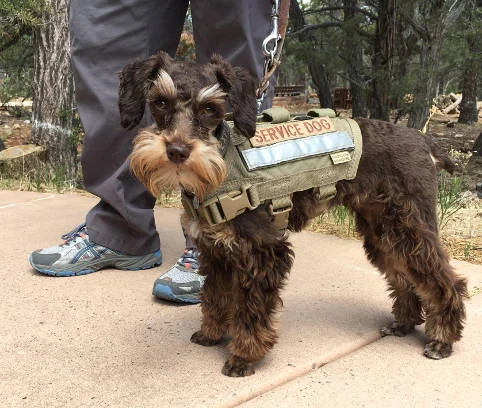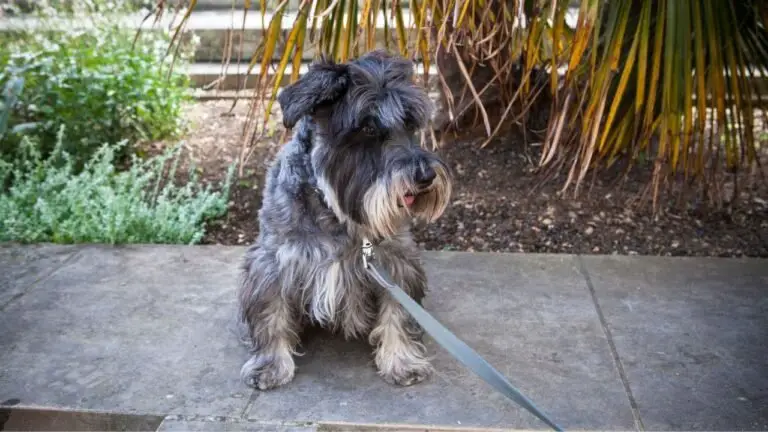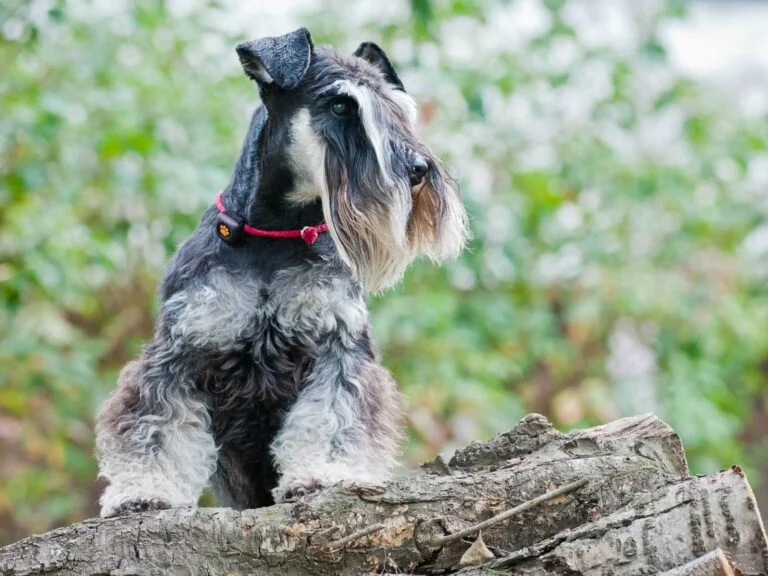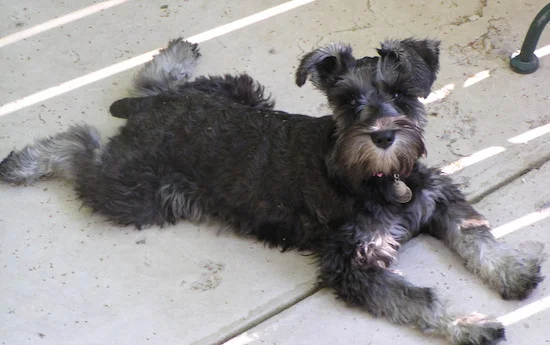Can Miniature Schnauzers Be Service Dogs
Welcome to a comprehensive exploration of the question: can miniature Schnauzers be service dogs? Miniature Schnauzers are beloved for their intelligence, loyalty, and trainability, making them potential candidates for service dog roles. In this article, we’ll delve into the considerations involved in determining whether miniature Schnauzers can serve as service dogs, exploring their suitability for such roles, the training process, and the requirements for certification. Whether you’re considering training your miniature Schnauzer for service work or simply curious about the possibilities, let’s delve into this topic to gain a deeper understanding.
Understanding Service Dogs
Service dogs are specially trained to assist individuals with disabilities, performing tasks to mitigate the effects of their handlers’ conditions and improve their quality of life. These tasks can include guiding the visually impaired, alerting the hearing impaired to sounds, providing mobility assistance, and offering emotional support.
Can Miniature Schnauzers Be Service Dogs?
Miniature Schnauzers possess several qualities that make them potentially suitable for service dog roles:
- Intelligence: Miniature Schnauzers are highly intelligent and trainable, enabling them to learn and perform a variety of tasks required of service dogs.
- Loyalty: These dogs form strong bonds with their handlers and are dedicated to their well-being, making them reliable companions in service situations.
- Size: The compact size of miniature Schnauzers makes them well-suited for indoor environments and navigating crowded spaces, which is advantageous for service work.
However, whether a miniature Schnauzer can become a service dog depends on various factors, including their individual temperament, health, and aptitude for the specific tasks required.
Training and Certification
The training process for service dogs, including miniature Schnauzers, is rigorous and comprehensive. It typically involves:
- Basic Obedience: Service dogs must demonstrate proficiency in basic obedience commands such as sit, stay, come, and heel.
- Task Training: Depending on the handler’s needs, miniature Schnauzers may be trained to perform specific tasks such as retrieving items, alerting to medical conditions, or providing balance support.
- Public Access Training: Service dogs must be well-behaved and calm in various public settings, including crowded areas, shops, and transportation.
Once the training is complete, service dogs undergo certification or evaluation to ensure they meet the standards set forth by recognized organizations or agencies. Certification provides legal recognition of the dog’s status as a service animal and grants certain rights and accommodations to the handler.
Considerations for Potential Handlers
For individuals considering a miniature Schnauzer as a service dog, it’s essential to:
- Evaluate Compatibility: Assess whether the dog’s temperament, skills, and personality align with the handler’s needs and lifestyle.
- Commit to Training: Service dog training requires dedication, consistency, and ongoing reinforcement to ensure the dog’s proficiency in performing tasks and maintaining good behavior.
- Understand Legal Rights: Familiarize oneself with laws and regulations regarding service dogs, including rights of access and accommodations in public spaces.
Conclusion
While miniature Schnauzers possess many qualities that make them potentially suitable for service dog roles, whether they can serve in such capacities depends on various factors, including their individual traits and training. For individuals considering training a miniature Schnauzer as a service dog, thorough evaluation, proper training, and adherence to legal requirements are essential for ensuring success in service work.








